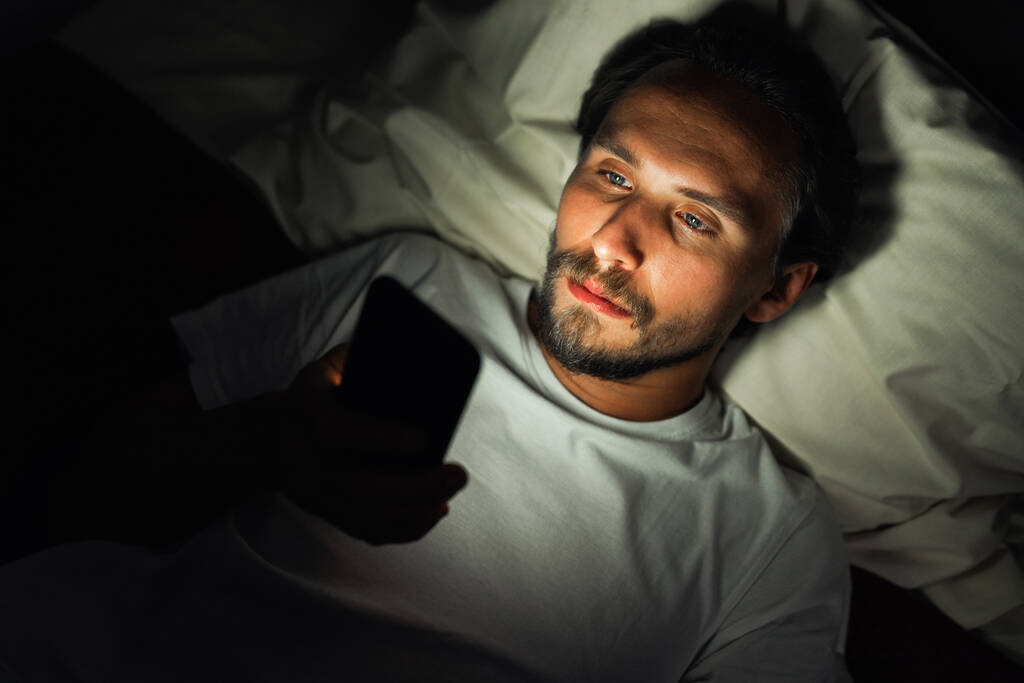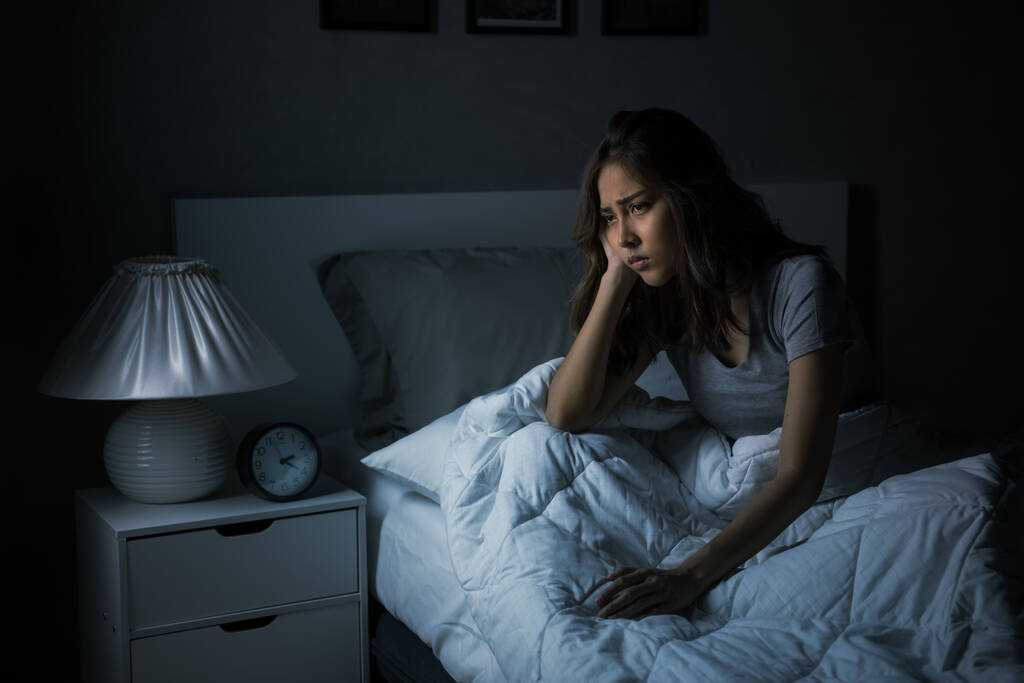Insomnia: Sleep Aid Explained
September 13, 2023

Welcome, dear reader, to the magical world of sleep aids, where we'll be delving into the mysteries of insomnia. In this enchanting journey, we'll explore the ins and outs of this sleep disorder, and the various sleep aids that can help combat it. So, grab your nightcap, tuck yourself in, and let's embark on this nocturnal adventure together!
Insomnia, a word that strikes fear into the hearts of those who crave a good night's sleep, is a common sleep disorder that can make it hard to fall asleep, hard to stay asleep, or cause you to wake up too early and not be able to get back to sleep. But fear not, for in this glossary, we'll be your guiding star, illuminating the path to understanding insomnia and the sleep aids that can help.

Understanding Insomnia
Before we can begin to tackle the beast that is insomnia, we must first understand it. Insomnia is a sleep disorder that affects millions of people worldwide. It's like that annoying party guest who overstays their welcome, keeping you awake when all you want to do is sleep.
Insomnia can be acute (short-term) or chronic (long-term). Acute insomnia is common and often is brought on by situations such as stress at work, family pressures, or a traumatic event. Chronic insomnia, on the other hand, is disrupted sleep that occurs at least three nights per week and lasts at least three months.
Causes of Insomnia
Insomnia can be caused by a variety of factors. It's like a puzzle with many pieces, and each piece plays a part in the bigger picture. Some common causes include stress, anxiety, depression, certain medications, and even eating too much late in the evening.
Other factors that can lead to insomnia include having an irregular sleep schedule, consuming caffeine or alcohol before bed, or using electronic devices late at night. It's like these factors are throwing a wild party in your brain, and sleep is not invited.
Symptoms of Insomnia
Insomnia can manifest in many ways, much like a chameleon changing its colors. Some people with insomnia may have trouble falling asleep, while others may wake up frequently during the night or wake up too early in the morning.
Other symptoms can include feeling tired upon waking, daytime tiredness or sleepiness, irritability, depression, or anxiety. It's as if insomnia is a mischievous imp, playing tricks on your body and mind, leaving you feeling exhausted and frustrated.
Sleep Aids for Insomnia
Now that we've explored the shadowy realm of insomnia, let's turn our attention to the shining beacon of hope: sleep aids. These are tools, techniques, and treatments that can help you get the sleep you need. Think of them as your knights in shining armor, ready to battle the insomnia dragon.
Sleep aids can range from lifestyle changes and relaxation techniques to over-the-counter remedies and prescription medications. It's like having an arsenal of weapons at your disposal, each one ready to help you reclaim your kingdom of sleep.
Non-Medical Sleep Aids
First up in our arsenal are non-medical sleep aids. These are lifestyle changes and relaxation techniques that can help you get a better night's sleep. They're like your personal sleep trainers, helping you develop healthy sleep habits.
Examples include maintaining a regular sleep schedule, creating a restful sleep environment, limiting daytime naps, and avoiding stimulants like caffeine and nicotine close to bedtime. It's like training for a marathon, but instead of running miles, you're training to sleep.
Over-the-Counter Sleep Aids
Next up, we have over-the-counter sleep aids. These are medications you can buy without a prescription to help you sleep. They're like your friendly neighborhood pharmacists, ready to assist you in your quest for sleep.
Common over-the-counter sleep aids include antihistamines, melatonin supplements, and sleep aid supplements that combine various sleep-promoting ingredients. But remember, just like with any medication, it's important to use these wisely and under the guidance of a healthcare provider.
Prescription Sleep Aids
When non-medical and over-the-counter sleep aids aren't enough, it's time to bring out the big guns: prescription sleep aids. These are medications prescribed by a doctor to help you sleep. They're like the special forces of sleep aids, called in when the situation is dire.
Prescription sleep aids can include medications like benzodiazepines, non-benzodiazepines, and antidepressants. But remember, these are powerful tools and should only be used under the supervision of a healthcare provider.
Side Effects of Prescription Sleep Aids
Like any powerful tool, prescription sleep aids can come with side effects. It's like a double-edged sword, providing relief from insomnia on one hand, but potentially causing other issues on the other.
Common side effects can include dizziness, dry mouth, daytime drowsiness, and even more serious effects like sleep behaviors (such as sleepwalking) and dependency. It's important to discuss these potential side effects with your healthcare provider before starting any new medication.

Conclusion
And there you have it, dear reader, a comprehensive guide to insomnia and sleep aids. We've journeyed through the dark forest of insomnia, explored the causes and symptoms, and discovered the various sleep aids that can help. It's been a long journey, but hopefully, you now feel better equipped to tackle your insomnia and get the sleep you deserve.
Remember, sleep is not a luxury, but a necessity. So, don't let insomnia rob you of this precious resource. With the right knowledge and tools, you can conquer insomnia and reclaim your kingdom of sleep. Sweet dreams!

 Back to Blog
Back to Blog